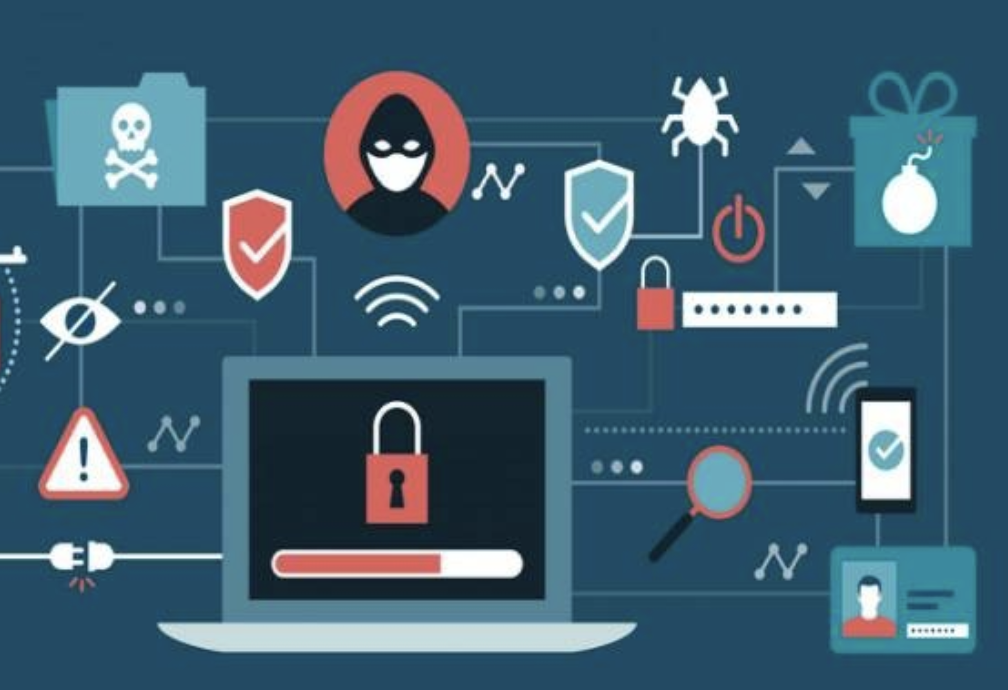
Amberstone Security Breach Highlights Vulnerabilities
The recent data breach at Amberstone Security Ltd has exposed significant vulnerabilities faced by offline industries that store records online. The breach, involving over 1.2 million documents and totaling 245.3 GB of data, included sensitive information about security guards and theft suspects. This incident underscores the inherent risks associated with digital storage of records for industries traditionally operating offline.
Details of the Amberstone Security Breach
Amberstone Security Ltd, a leading provider of technology and physical security services, was found to have an unprotected database that was publicly accessible. Security researchers discovered the database, which contained:
- Personal Identifiable Information (PII): Names, addresses, phone numbers, and birth dates of security guards.
- Images of Security Credentials: Photos of security licenses and credentials issued by the Security Industry Authority (SIA).
- Incident Reports: Detailed descriptions of incidents attended by security personnel.
- Information on Theft Suspects: Names and birth dates of individuals suspected of theft.
Risks to Offline Industries
The Amberstone breach highlights the risks that offline industries, such as physical security services, face when transitioning to digital record-keeping:
- Data Breaches and Cyberattacks:
- Offline industries often lack the advanced cybersecurity measures necessary to protect digital records, making them vulnerable to breaches.
- The exposed database at Amberstone was not password-protected, a basic security lapse that facilitated unauthorized access.
- Identity Theft and Fraud:
- The sensitive personal information of security guards can be exploited by cybercriminals to commit identity theft and fraud.
- Security personnel are now at increased risk of fraudulent activities affecting their personal and professional lives.
- Physical Safety Threats:
- With personal and professional details exposed, security guards could be targeted by malicious actors, compromising their safety.
- Reputational Damage:
- The disclosure of incident reports and theft suspect information can tarnish the reputations of those involved, especially if the data includes unsubstantiated allegations.
- Operational Disruption:
- Data breaches can disrupt operations, as companies must divert resources to address the breach and its aftermath, including notifying affected individuals and enhancing security measures.
The Need for Enhanced Security Measures
The Amberstone breach serves as a cautionary tale for offline industries transitioning to digital record-keeping. It underscores the necessity for robust cybersecurity measures, including:
- Encryption: Encrypting data both in transit and at rest to protect it from unauthorized access.
- Access Controls: Implementing strict access controls to ensure that only authorized personnel can access sensitive information.
- Regular Security Audits: Conducting regular audits to identify and rectify security vulnerabilities.
- Compliance with Data Protection Regulations: Adhering to regulations such as the General Data Protection Regulation (GDPR), which mandates comprehensive data protection measures.
Cybersecurity experts emphasize that as offline industries increasingly store records online, they must invest in advanced security infrastructure. Companies need to stay updated with the latest security protocols and ensure their staff are trained in cybersecurity best practices.
The Amberstone Security data breach has illuminated the risks offline industries face when storing records online. As industries like physical security services digitize their operations, they must prioritize robust cybersecurity measures to protect sensitive information and mitigate the risks of data breaches. Affected individuals should remain vigilant, monitoring their accounts for suspicious activities and taking steps to safeguard their identities.
This incident serves as a wake-up call, urging all offline industries to reassess their data protection strategies and implement stringent security measures to safeguard against future breaches.

Our team of writers, armed with a healthy dose of caffeine and an overflowing imagination covers wacky and weird news. From politics to pop culture, from bizarre headlines to analysis, we take a sideways glance at the world’s happenings, delivering news in a way that’s informative, entertaining, and occasionally eyebrow-raising.




